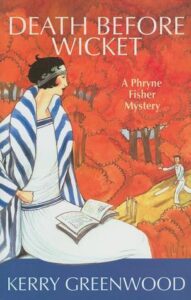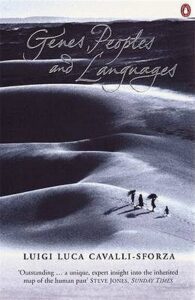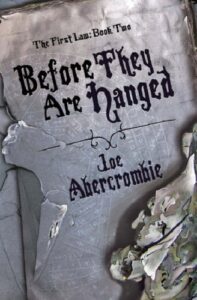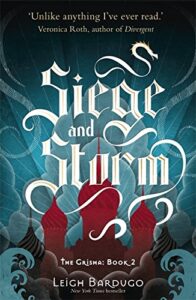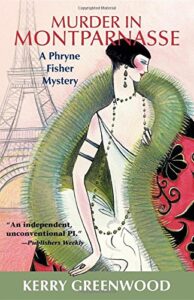 Murder in Montparnasse, Kerry Greenwood
Murder in Montparnasse, Kerry Greenwood
I might need to take a break from Phryne for a while — just to make sure I don’t run out of her brilliance too soon, of course. Murder in Montparnasse shows us a younger Phryne, as well as the capable detective we’re used to: a Phryne who hasn’t yet learned to read men and situations and take care of herself. It is good to see her unsure of herself, and it’s also good to follow along with the mature Phryne as she negotiates Lin getting married, and becomes friends with his wife-to-be.
It’s also nice to get both Bert and Cec and Phryne’s adopted daughters playing a part in the mystery. Pretty much the whole team is involved here, including Hugh Collins, which is fun.
I think the only drawback is that maybe I’ve been eating up these books too fast, and they’re losing some of their freshness. I think if I spaced them out more, it’d be okay; as it is, I found it a little too routine. Which isn’t bad, since this is the twelfth book and I’ve read all the eleven previous ones in quite a hurry.
In case it bothered anyone else, spoiler: the Butlers don’t leave in the end. I was very worried they wouldn’t and that the lovely found-family feel was going to be lost a little — but nope, Mrs Butler sorted things out.

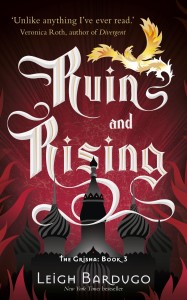

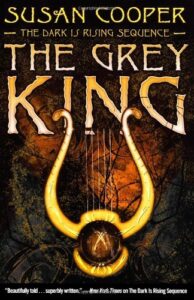
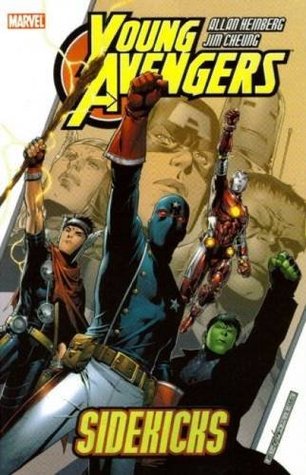 Young Avengers: Sidekicks, Allan Heinberg, Jim Cheung
Young Avengers: Sidekicks, Allan Heinberg, Jim Cheung
